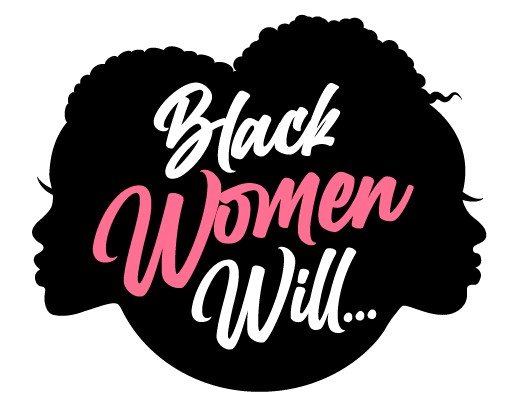Planning for the future is a vital step in ensuring that your loved ones are taken care of after you’re gone. One of the most important decisions in this process is selecting an executor for your will. As Black women, we are often juggling multiple things at a time and we carry a lot of responsibility, making it even more crucial to choose someone who can faithfully execute our wishes. This article will guide you through the responsibilities of an executor and key considerations in making your choice.
Understanding the Role of an Executor
An executor is the person responsible for managing your estate according to your will after your death. Their duties include:
- Filing the Will: Ensuring the will is filed with the probate court.
- Notifying Heirs and Beneficiaries: Informing those named in the will about their inheritance.
- Managing Estate Assets: Collecting and safeguarding your assets until they are distributed.
- Paying Debts and Taxes: Settling any outstanding debts and ensuring taxes are paid.
- Distributing Assets: Distributing your property to the rightful beneficiaries as specified in your will.
Key Considerations for Choosing an Executor
Choosing an executor is a decision that should not be taken lightly and requires careful consideration to ensure you choose the right person. Here are some factors to keep in mind:
1. Trustworthiness and Reliability
The executor will handle sensitive and significant financial matters, so it’s essential to choose someone you trust implicitly. This person should be reliable and capable of carrying out your wishes without being swayed by personal interests. Ultimately you want someone that you will have peace in knowing they will take care of your affairs.
2. Organizational Skills
An executor needs to be highly organized and detail-oriented. The responsibilities include managing paperwork, adhering to deadlines, and keeping meticulous records. Someone with strong organizational skills will be able to navigate these tasks efficiently and with care.
3. Financial Acumen
Basic financial knowledge is crucial for handling the estate’s finances. While the executor doesn’t need to be a financial expert, they should be comfortable with budgeting and have a general understanding of managing investments and taxes. Most importantly, they should know to ask the right questions and seek advice when needed. This ensures they can navigate complex financial matters effectively, even if they don’t have all the answers initially.
4. Emotional Resilience
The period following your death will be emotionally challenging for your loved ones. Your executor should be someone who can handle stress and grief while still performing their duties. It may be helpful to choose someone slightly removed from the immediate emotional impact, such as a trusted friend rather than a close family member.
5. Willingness to Serve
It’s important to discuss your decision with the person you’re considering. They must be willing to take on the responsibility and understand what it entails. Ensure they are comfortable with the potential time commitment and complexities involved.
Special Considerations for Black Women
1. Cultural Sensitivity
Your executor should understand and respect your cultural values and the specific needs of your family. This ensures that your wishes are honored in a way that aligns with your heritage and traditions.
2. Advocacy for Your Heirs
In some cases, racial biases can impact legal proceedings and financial matters. Choosing an executor who can advocate effectively for your heirs and navigate these challenges is essential.
3. Community Support
Consider involving someone from your community who understands the unique dynamics and potential challenges your family might face. This person can provide valuable support and ensure that your estate is managed in a way that reflects your values and priorities.
Alternatives to Consider
If you’re unable to identify a suitable executor among your personal contacts, consider the following alternatives:
- Professional Executor: Hiring a professional executor, such as an attorney or a financial institution, can provide expertise and impartiality. This option can be beneficial if your estate is complex or if you want to avoid placing the burden on a loved one.
- Co-Executors: Appointing co-executors can distribute the responsibilities and ensure that no single person is overwhelmed. This approach works well if you have two individuals who complement each other’s skills and can work well together. However, be mindful that having two people also has drawbacks. Coordinating decisions and actions between co-executors can sometimes lead to delays or conflicts, especially if they have differing opinions. It’s essential to choose co-executors who can collaborate effectively and communicate well to avoid potential issues.
Choosing the right executor is a crucial step in your estate planning process. By considering trustworthiness, organizational skills, financial acumen, emotional resilience, and willingness to serve, you can select someone who will faithfully execute your wishes. For Black women, incorporating considerations of cultural sensitivity and advocacy can further ensure that your estate is managed in a way that honors your legacy and supports your family.
Remember, open communication with your chosen executor and your loved ones about your wishes can provide clarity and peace of mind for everyone involved. Planning for the future is a powerful act of love and care for those you leave behind.











